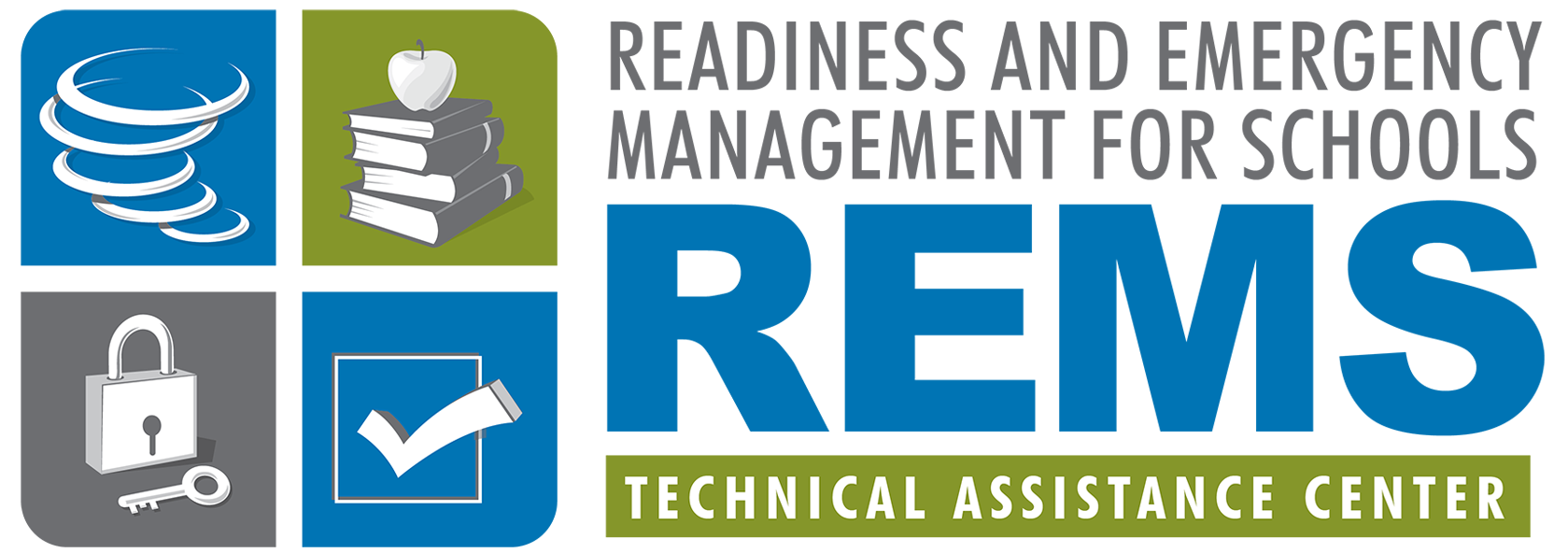Share Your Feedback
The REMS TA Center seeks your feedback to ensure that the Website is continually enhanced to meet your needs.
OVERLY RESTRICTIVE POLICIES
In response to concerns about school personnel revealing too much information about their private lives on social media, some school districts have banned the use of these technologies, and others have restricted online interactions to school- or district-run networks (Preston, 2011). Although a small number of adults in schools might misuse technology as part of adult sexual misconduct (ASM) perpetration, eliminating online technologies from schools is not the solution. A recent review of legal cases (Decker, 2014) related to the use of social media by educators (including those involving controversial posts and inappropriate student relationships cultivated on networking sites) argues that restrictive district policies are misguided and unwarranted. Instead, schools should play a critical role in ensuring that students know how to use these valuable tools safely and effectively (National Center for Missing & Exploited Children [NCMEC], 2012). There are many positive educational uses of social media — for example, teachers who use Twitter to answer questions about homework assignments and collaborate with other classes across the country (Preston, 2011).
The key to harnessing the power of online communication tools to enhance learning is for districts/schools to inform the school community about the potential risks of technology and the necessary steps to minimize them (NCMEC, 2012).


